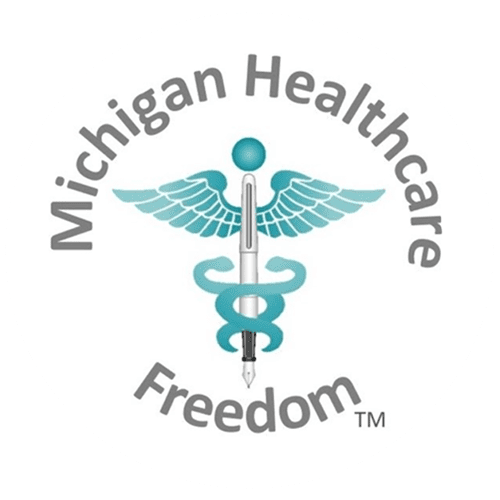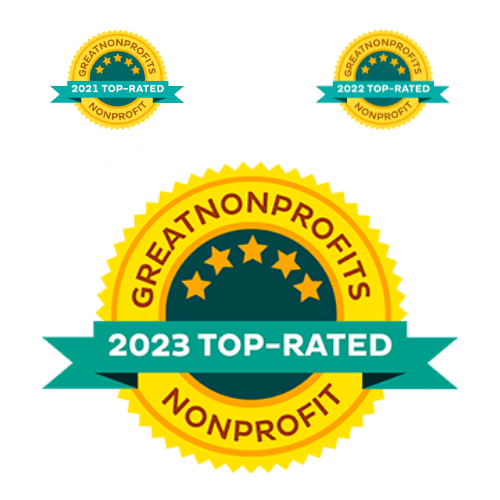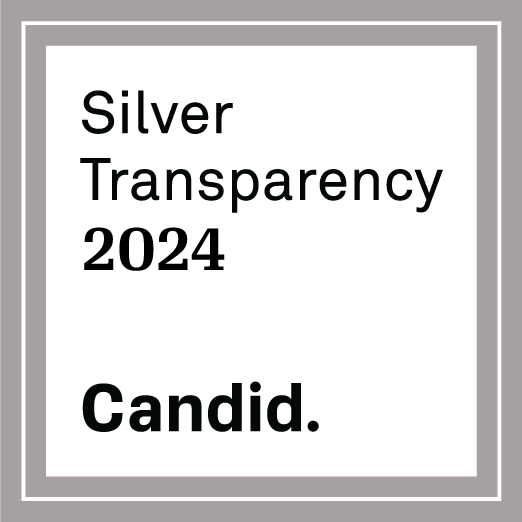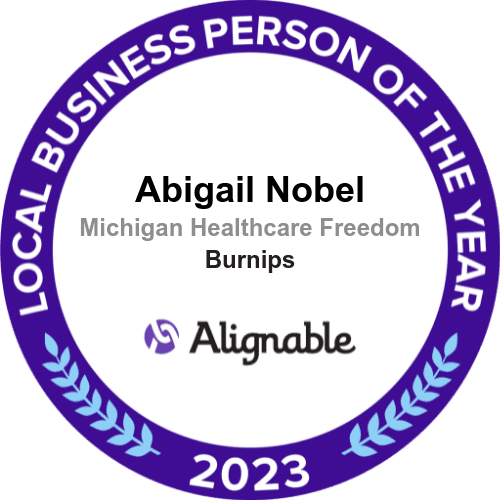
Never underestimate the power of the Federal government to make a bad situation worse. The Environmental Protection Agency (EPA) is about to demonstrate their ability to wreck American health care.
U.S. drug shortages have now reached record levels with 323 medications now in short supply. These drug shortages are not sufficiently acute to satisfy the Environmental Protection Agency. EPA have just issued a final rule, 2024-09417, which will completely ban methylene chloride, an important and widely used process chemical in the pharmaceutical manufacturing industry. The background:
There is no alternative to methylene chloride in most of its pharmaceutical manufacturing applications. This proposed EPA rule will shut down a significant portion of U.S. pharmaceutical manufacturing on July 2, 2024; its effective date. The new, expanded drug shortages should become fully apparent just after the November Presidential election. Stock up on your meds!
Historic Drug Shortage Exacerbated by EPA Overreach
By W. Caffey Norman - May 02, 2024Concerning new reports reveal that the drug shortage in the U.S. has reached its highest level since the American Society of Health-System Pharmacists began tracking data. In total, 323 medicines are now in short supply.
However, the problem is about to get worse because of government regulations on an entirely different issue. Counterintuitive measures from the Environmental Protection Agency (EPA) are set to effectively ban the domestic production of chemicals that are used in the process of manufacturing vital prescription drugs and vaccines.
Shortly after Congress amended the Toxic Substances Control Act (TSCA) in 2016, the EPA began the rulemaking process on 10 chemicals currently in use in the United States using a broad and overreaching definition of “unreasonable risk.” Now, the EPA is expected to release a final rule on methylene chloride under TSCA.
Methylene chloride has several applications, including in the process of manufacturing hundreds of medicines and vaccines like those that treat Hepatitis B and HIV infections, mental illnesses and epilepsy, heart failure and high blood pressure, and high cholesterol.
If this rule goes into effect, it will exacerbate the drug shortage by bringing domestic manufacturing to a halt while making our supply chains more reliant on foreign nations like China for pharmaceuticals. This runs in direct contradiction to the Biden administration’s “Investing in America” agenda, which aims to onshore supply chains critical to our economy and security.
For example, methylene chloride is used to make hollow fiber cartridges which are used in the manufacture of monoclonal antibodies and vaccines, including the COVID-19, HPV, Hepatitis B, and flu vaccines, as well as therapies for arthritis, migraines, osteoporosis, and autoimmune diseases. In a letter to the EPA, the company that produces these cartridges wrote their product is used in at least 190 human therapeutics and vaccines. Their supply is so essential that the U.S. Department of Health and Human Services and the Defense Department awarded the company funding to expand its manufacturing capacity here in the U.S.
While HHS and DoD give taxpayer money to this company to operate in the United States, the EPA is simultaneously regulating out of domestic existence the necessary ingredients for their products. Ultimately, the final EPA rule could “impact millions of patients worldwide.”
Another company warned the EPA ban “would disrupt the critical infrastructure of biotechnology, including medical uses such as vaccine manufacturing and industrial biotechnology.” While the EPA would argue that pharmaceutical usage is exempt from the rule, the upstream supply chain of products necessary to manufacture these medicines is not.
The biggest winner with this new EPA rule will be China, which has grown to be the largest chemical producer in the world and the top exporter of methylene chloride. In the last decade, the U.S. has imported 17% of active pharmaceutical ingredients (APIs) from China. Even countries like India, which supplies approximately 40% of generic pharmaceuticals used in the U.S., rely heavily on China. According to a 2021 U.S. Department of Commerce report, India imports nearly 70% of its APIs from China. By effectively banning the domestic production of methylene chloride, the EPA ensures that even more of the drug supply chain is dependent on China.
Despite the Biden administration’s stated goal to reduce “reliance on high-risk foreign suppliers” for medicines, the EPA is actively stifling the domestic production of ingredients needed to manufacture life-saving drugs that Americans rely on. The administration must carefully reevaluate what’s at stake.






